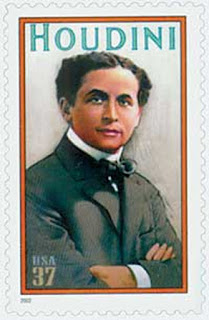Holy Saturday, also known as
Easter Eve, falls between Good Friday and Easter and is a
period of silent and reflection as Christians await the resurrection of Christ
and joyous celebration of Easter. The day also marks the end
of the 40 days of Lent, a period of prayer, fasting, and almsgiving that begins
on Ash Wednesday. The seventh day of the Holy Week, beginning with Palm Sunday,
Holy Saturday commemorates the day when Jesus Christ's body lay in the tomb
after his crucifixion on Good Friday and before his resurrection on Easter
Sunday. On this day, devout prepare themselves physically and spiritually
before celebration of Christ's resurrection.
Holy Saturday History
Good Friday is observed on the day when Jesus Christ was crucified after
his arrest and charge of claiming to be the King of the Jews. According to
scripture, after his death, Jesus was buried in a tomb, fulfilling ancient
prophecies of his resurrection on the third day. Following the custom of the
time, women, including Mary Magdalene, Salome, and Mary, visited the tomb to
anoint Jesus' body with oils and spices. However, they discovered the tomb
empty, with only the burial cloths remaining. A week later, Jesus appeared to
his disciples, confirming his resurrection.
Holy Saturday Customs and Traditions
Holy Saturday, or Easter Vigil, is
marked by diverse customs globally. In Mexico, it is dubbed Judas Day, where
effigies of Judas Iscariot, the betrayer of Jesus, are burned. In Czech
tradition, it is known as White Saturday, symbolising purity and anticipation
of renewal. Across cultures, the day is observed with a vigil service held an
hour after sundown, symbolising the wait before Jesus' resurrection. Lighting
fires and candles signify Christ's passage from death to life, while bell
tolling marks the end of Lent. On this day, preparations for Easter are also
made worldwide, including egg colouring and decorating.
Holy Saturday Significance
Holy Saturday is the time for deep spiritual reflection,
anticipation, and preparation for the upcoming celebration of Easter. It is
considered a sacred day in the Christian calendar. Holy Saturday is an integral
part of the liturgical calendar of the Christian Church and various rituals are
practiced to commemorate this solemn day, including the Easter Vigil. In some
Christian traditions, Holy Saturday is associated with the belief that Jesus
descended into the realm of the dead or 'hell' after his death on the cross.
This belief, known as the 'Harrowing of Hell,' holds that Jesus liberated the
souls of the righteous who had died before his coming and proclaimed salvation
to all.
































